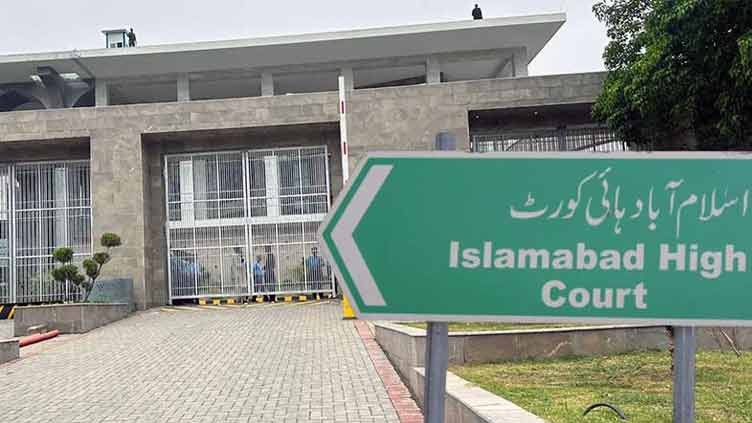Judicial Independence Under Threat
Five judges of the Islamabad High Court (IHC) have raised concerns over the proposed appointment of a transferred judge as the new Chief Justice (CJ) of the IHC. The judges argue that this development poses a threat to judicial independence. They have urged the chief justices of the Supreme Court and high courts to take a stand against this move.
Traditionally, the senior puisne judge of a high court is appointed as the chief justice. However, the Judicial Commission of Pakistan (JCP) last year introduced new rules to bypass the seniority criterion. These rules allow the chief justice of a high court to be appointed from among the panel of five senior-most judges.
The IHC judges expressed their concerns about appointing a transferred judge as the new Chief Justice. They argued that the Judicial Commission of Pakistan (JCP) holds the prerogative to appoint judges under the Constitution. Filling vacant seats by invoking Article 200 of the Constitution would bypass the constitutionally provided mechanism for appointing judges, undermining judicial independence and established norms.
They pointed out that the purpose of transferring a judge from the Lahore High Court (LHC) to the IHC’s top post goes against the spirit of the Constitution. According to the judges, a transferred judge must take a fresh oath under Article 194 of the Constitution. This would place the transferred judge at the bottom of the seniority list at the IHC.
The judges further argued that such a transfer could lead to friction and jeopardize the court’s smooth functioning. They pointed out that the LHC’s figures show worse pendency and empty occupancies than those of the IHC. The judges also highlighted that the 26th Constitutional Amendment did not institutionalize the transfer mechanism.
They cautioned that allowing permanent transfers for the chief justice position could undermine the judiciary’s independence. This would provide an opportunity to select a judge from one high court and control another high court. Such a situation, they argued, could have far-reaching consequences on how the judiciary views its role under the Constitution.
In conclusion, the IHC judges called on the chief justices to resist this move and advise the president not to allow such transfers. They warned that this could set a precedent detrimental to the judiciary’s independence and established judicial norms. The IHC judges emphasized the theme of judicial independence under threat throughout their letter.



